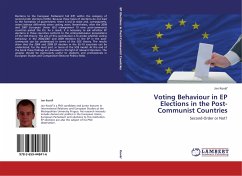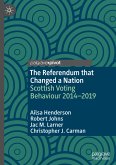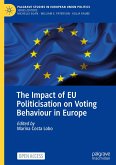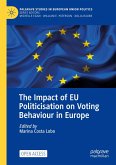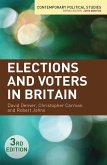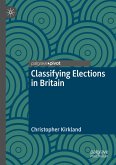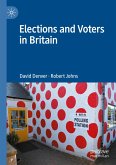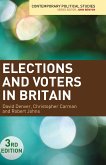Elections to the European Parliament fall (EP) within the category of second-order elections (SOEs). Because these types of elections do not lead to the formation of government, there is less at stake and, consequently, voters behave differently when casting votes. Nevertheless, after the 2004 and 2007 European Union (EU) enlargement 10 new post-communist countries joined the EU. As a result, it is necessary to ask whether EP elections in these countries conform to the voting-behaviour propositions of the SOE theory. The aim of this contribution is to probe whether voting behaviour in the 2004/2007 and 2009 elections to the EP in the post-communist can be understood in terms of the SOE theory. The results show that the 2004 and 2009 EP election in the EU-10 countries can be understood, for the most part, in terms of the SOE model. At the end of the book these findings are discussed in the light of relevant literature. The analysis should be particularly useful to students and professionals in European Studies and Comparative Electoral Politics fields.

